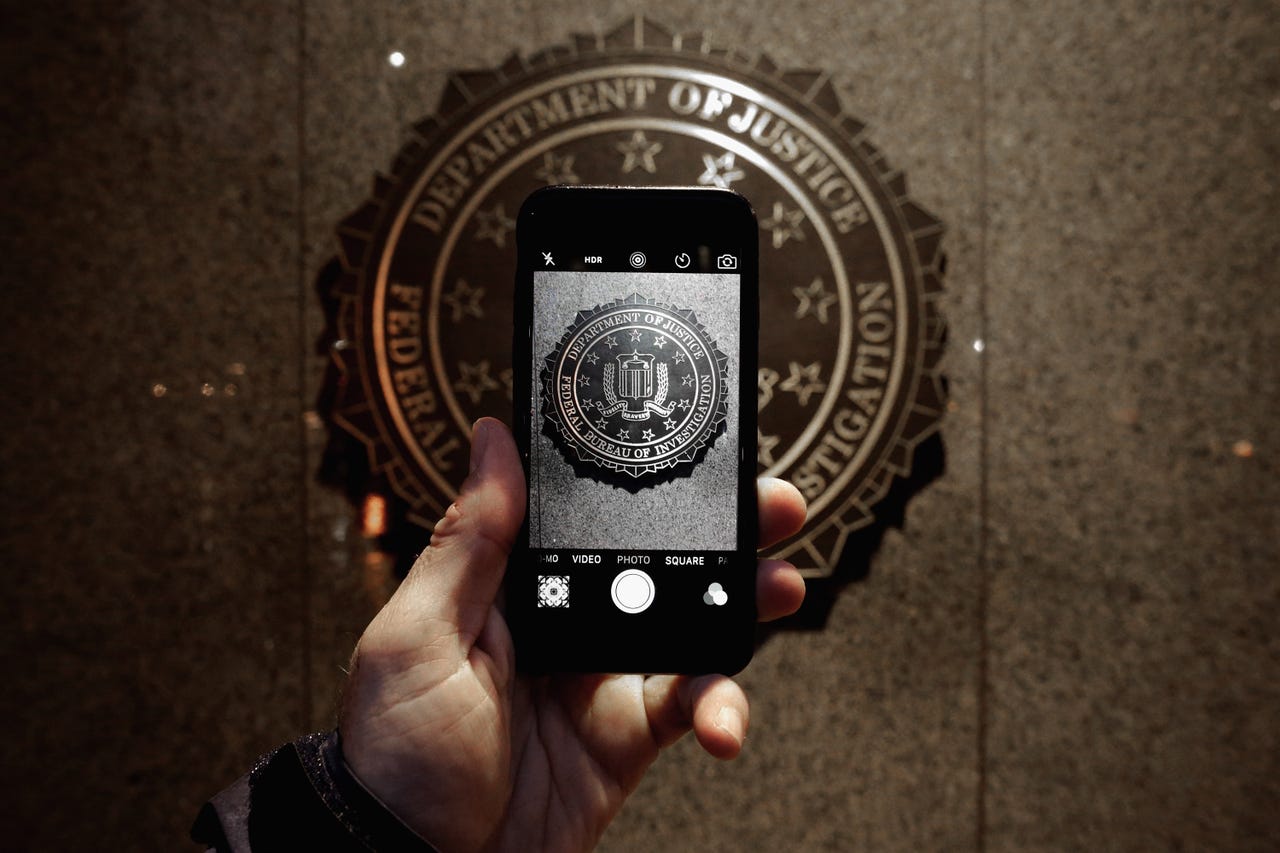Intelligence bill drops FBI bid to read Americans' browser history, email records


(Image: file photo)
An expansion of powers that would have allowed the government access to Americans' browsing history and email records has been dropped from the latest intelligence authorization bill.
The controversial provision would've given the FBI greater powers to issue national security letters (NSLs) for communications records -- without needing a court order.
Security
Currently, these letters can compel internet providers and tech companies to turn over a limited set of records associated with Americans' online communications, but the FBI wanted greater access to email records and browsing histories of recently visited websites.
NSLs are still shrouded in secrecy because of their gagging provisions, but more details about the subpoena-like power have come to light since the passing of the Freedom Act in 2015, which replaced parts of the controversial Patriot Act that were sunsetted in the wake of the Edward Snowden disclosures.
This in part led to a relaxation of secrecy surrounding the letters, which resulted in details of the letters becoming public for the first time.
More companies have since challenged the secret letters they received -- including Facebook, Yahoo, and Cloudflare. Microsoft went further by suing the Justice Department over its use of NSLs, because tech companies are disallowed from informing their customers if their data was turned over.
This isn't the first time the government has pushed for the expansion in powers.
Last year, the Senate narrowly rejected a bid for the FBI to get warrant access to browsing data. It was said to prevent "lone wolves" in the wake of the Orlando massacre, in which 49 people were killed.
With a new session under way, the measures were floated again, but they failed to make it into the final bill.
Sen. Ron Wyden (D-OR), who led the push to remove the section, said he was "glad" the committee agreed.
"Spying on a person's browsing history is incredibly invasive -- almost like a window into their thoughts," said Wyden in a statement. "Furthermore, this change would have done nothing to make Americans safer, since the government can already obtain these records with a court order."
The bill sans provision has since been passed by the Senate Intelligence Committee, and it will go before the full chamber for a vote in the near future.